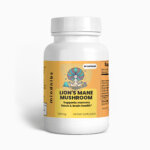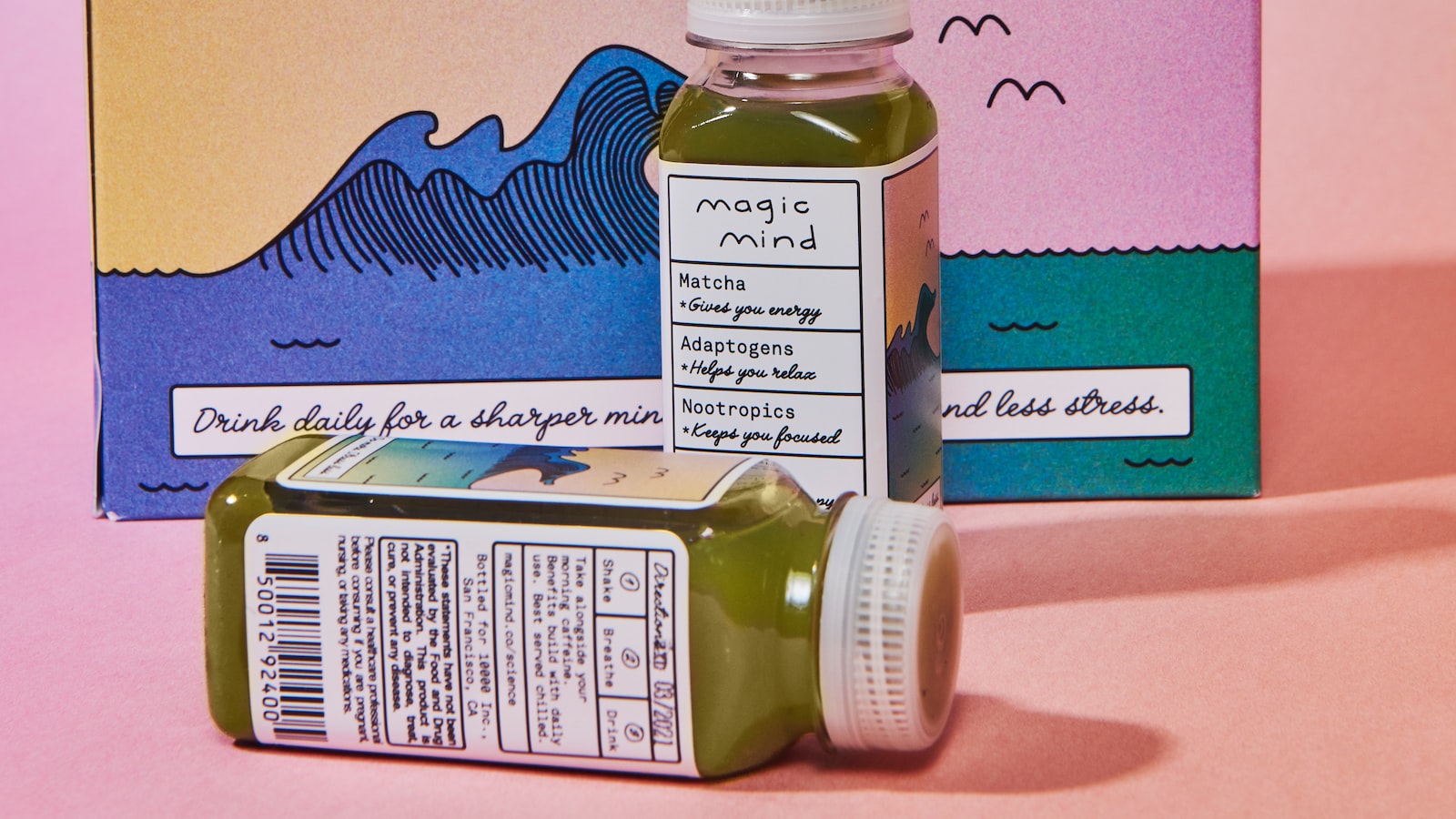
“Breaking Free: How to Use Supplements Without Dependency”
As the health and wellness industry continues to expand, the demand for supplements has skyrocketed. While these products can provide numerous benefits, they often come with one major drawback – the potential for dependency. It’s easy to fall into the trap of relying on supplements for every aspect of our health, but doing so can lead to a wide range of negative consequences. In this article, we’ll discuss how to break free from supplement dependency and use these products as they were intended – as a supplement to a healthy lifestyle, not a replacement for it. With the right approach, you can reap all the benefits of supplements without risking your health and wellbeing.
1. The Risks of Supplement Dependency
Many people seek to improve their health and well-being by taking dietary supplements. While these products can be beneficial when used properly, relying too heavily on them can be risky and even harmful to your health in some cases.
One of the primary concerns with supplement dependency is the risk of negative interactions with other medications or supplements. Some supplements can interact with prescription drugs, causing adverse effects or reducing the effectiveness of the medication. In addition, taking too many supplements at once can increase your risk of toxicity or overdose.
Another risk of supplement dependency is the potential for nutrient imbalances. Supplementing with large doses of one nutrient may overload your system and cause deficiencies in other vital nutrients. It’s important to remember that supplements should be used to support a healthy diet and lifestyle, not replace it.
- Tip: Always talk to your doctor or a registered dietitian before starting a new supplement regimen. They can help you determine if the supplements are necessary and safe for you to take.
- Tip: Stick to recommended doses and avoid mega-dosing according to hearsay claims. More is not always better and it might lead to negative side effects or long-term damage.
- Tip: Focus on a balanced and varied diet with plenty of nutrient-rich whole foods to obtain most (if not all) needed nutrients. There are no shortcuts to a healthy lifestyle and supplement dependency is not the answer.
Overall, while supplements can be a useful tool, it’s important to approach their use with caution and not become dependent on them as a means of achieving optimal health. By understanding and taking a proactive, informed approach to their use, people can ensure that they are getting the benefits without exposing themselves to unnecessary risks.

2. Understanding Your Body’s Nutritional Needs
It is essential to understand your body’s nutritional needs to maintain a healthy lifestyle. Your body requires a balance of nutrients, vitamins, and minerals to function correctly. The food you consume can impact your body’s strength, energy levels, and overall well-being.
To determine your body’s nutritional needs, you must understand the basics of nutrition. Start by identifying the three macronutrients – carbohydrates, proteins, and fats. Each of them plays a significant role in your body’s functioning. Carbohydrates provide energy, proteins help build and repair muscles, and fats assist in nutrient absorption and nerve transmission.
Apart from macronutrients, vitamins and minerals are equally important as they help in regulating your body’s internal processes. Vitamin D promotes healthy bones, while iron assists in carrying oxygen throughout your body. Knowing these details is crucial, as you can incorporate a variety of foods to fulfill your dietary requirements and achieve optimal health.
When planning your diet, it’s essential to focus on nutrient-dense foods. These are foods that are rich in vitamins, minerals, and other beneficial compounds. Incorporate a colorful mix of fruits and vegetables, lean proteins, whole grains, and healthy fats. Avoid processed foods, sugary drinks, and excessive consumption of unhealthy fats and carbohydrates. Adapting these habits can significantly improve your overall health and make you feel more energetic and focused.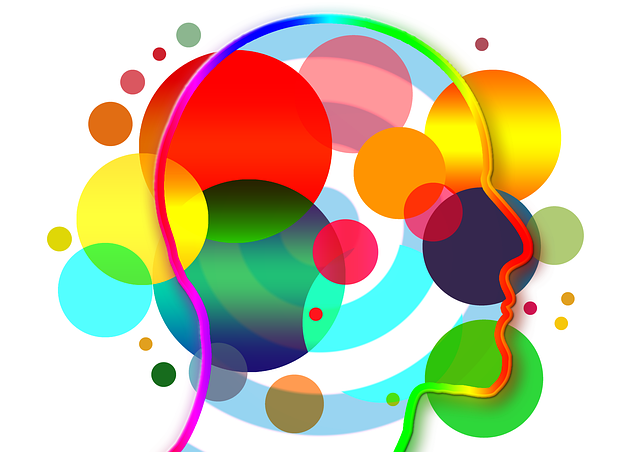
3. The Role of Supplements in a Healthy Diet
Supplements have become a topic of growing interest in the health industry and have become a popular addition to many people’s diets. While a balanced diet can provide all the necessary nutrients required for a healthy life, sometimes it can be challenging to obtain these essential nutrients through diet alone. Supplements can provide an extra boost of vitamins, minerals, and other nutrients to support overall health and wellbeing.
Supplements can be beneficial for those who are lacking in certain nutrients, such as vitamin D, iron, or omega-3 fatty acids. They can also be useful for individuals following a restrictive diet or those who have certain health conditions, such as pregnancy or low bone density. However, it’s important to note that supplements should not replace a balanced diet but should only be used as an addition to a healthy lifestyle.
When choosing supplements, it’s essential to do your research and only purchase from reputable brands that have been tested for quality and safety. It’s also worth checking with a healthcare professional to ensure the supplements are suitable for your individual needs and won’t interact with any medications or existing health conditions. With the right supplements and a balanced diet, you can support your overall health and wellbeing and get the most out of life.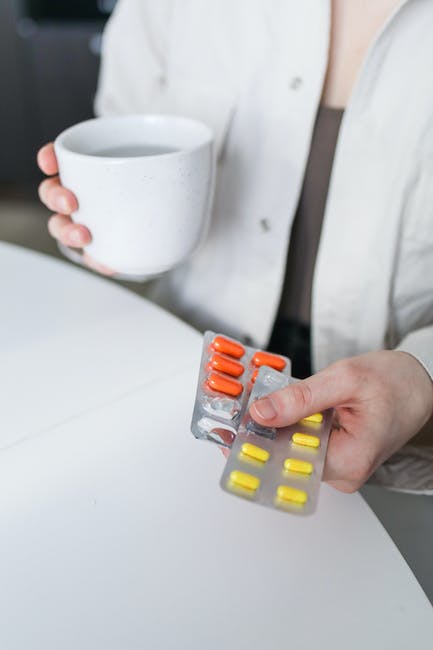
4. Strategies for Moderate Supplement Use
Moderation is key when it comes to supplement use. While some supplements can provide a boost of nutrition and support for our bodies, overdoing it can lead to negative side effects. Here are some :
1. Consult with a healthcare professional: Before adding any new supplement to your routine, make sure to consult with a healthcare professional to ensure that it is safe for you and won’t interact with any medications or health conditions you may have.
2. Stick to recommended dosages: It can be tempting to take more of a supplement, thinking that it will provide even more benefits. However, sticking to the recommended dosage on the label is important for avoiding negative side effects and getting the most out of the supplement.
3. Consider getting nutrients from whole foods: While supplements can be helpful, getting nutrients from whole foods is always the best option. Focus on incorporating a variety of fruits, vegetables, whole grains, and lean proteins into your diet to provide your body with the nutrients it needs. Incorporating a daily multivitamin or specific supplement for a nutrient that you may be deficient in is a good idea to help fill the gap.
Overall, using supplements can be a useful tool for supporting health and wellness. By following these strategies for moderate use, you can ensure that you are getting the most out of your supplements without putting your health at risk. Remember, supplements should be used to supplement your diet and not replace whole foods.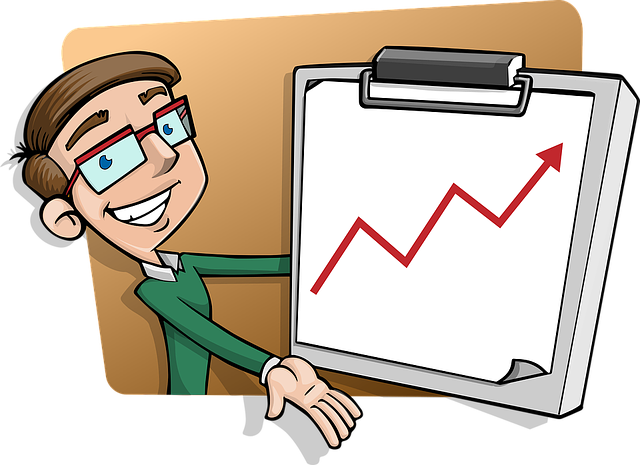
5. Meeting Your Goals with Balanced Nutrition
Achieving your goals can be a challenging process but with balanced nutrition, it’s possible to maintain a healthy and active lifestyle. A well-balanced diet is the foundation for overall health, helping to prevent diseases such as diabetes, heart disease, and obesity. By providing your body with the proper nutrients, you can maintain a healthy weight, boost energy levels, and improve your overall well-being.
One way to ensure balanced nutrition is to include a variety of foods in your diet. This means choosing foods from every food group, including fruits, vegetables, grains, protein, and dairy. Aim to include bright-colored fruits and leafy greens as they are rich in vitamins and minerals. Unrefined whole grains can provide your body with fiber, B vitamins, and iron. Lean protein options such as chicken, fish, nuts, and beans can help build and repair tissues.
Another important aspect of balanced nutrition is moderation. It’s important to monitor your portion sizes and avoid overeating. To help you stay on track, consider using a food diary or calorie tracker. These tools can help you identify unhealthy eating habits and motivate you to make healthier choices. Remember to also limit your intake of sugary drinks and foods high in saturated fat and sodium. By moderating your food and drink intake, you can achieve your nutrition and fitness goals and maintain a healthy lifestyle.
6. Identifying Dependence and Detoxifying Your System
Identifying a dependence on drugs or alcohol is a crucial step in beginning the detoxification process. Dependence is characterized by both physical and psychological symptoms, including cravings, withdrawal symptoms, and an inability to control usage. It is important to recognize these symptoms, as they can lead to long-term health consequences and negatively impact one’s personal and professional life.
Detoxifying your system involves eliminating toxic substances from your body. This can be achieved through various methods, including medically-assisted detoxification and holistic approaches. Medically-assisted detoxification is often done in a hospital or rehab center under the supervision of medical professionals. It involves the use of medications and therapy to manage withdrawal symptoms and ensure a safe and effective detoxification process. Holistic approaches, such as yoga and massage, can also be used to support the detoxification process.
It is important to remember that detoxification is only the beginning of the recovery process. Ongoing support and treatment are essential in maintaining sobriety and preventing relapse. This can include individual and group therapy, support groups, and lifestyle changes aimed at promoting physical and mental health. By taking the necessary steps to detoxify your system and seek ongoing support, it is possible to overcome dependence and achieve lasting recovery.
- Educate yourself: Learn as much as you can about the detoxification process and the options available to you
- Seek medical supervision: If you choose to undergo medically-assisted detoxification, make sure to do so under the supervision of a qualified medical professional.
- Social support: Reach out to trusted friends and family members for support during the detoxification process. Consider joining a support group to connect with others who are also going through the recovery process.
- Make lifestyle changes: Incorporate healthy habits such as regular exercise, a balanced diet, and stress-management techniques into your daily routine to support your overall physical and mental health.
7. Taking Control of Your Health Through Smart Supplement Use
Are you looking for ways to take control of your health? Consider adding smart supplements to your routine! Supplements are a great way to supplement your diet if you’re not getting enough nutrients from your food. Here are some tips to help you choose the right supplement for your needs:
– Do your research: Not all supplements are created equal. Look for brands that are third-party tested and have good reviews. Check the ingredient list to make sure you’re not allergic to any of the ingredients.
– Consider your needs: Do you have a specific health condition or concern? Certain supplements may be more beneficial for you than others. For example, if you have joint pain, you may benefit from taking glucosamine and chondroitin.
– Speak with a professional: If you’re not sure which supplements to take, consider speaking with a healthcare professional. They can help you choose the right supplements for your needs and ensure that there are no interactions with any medications you’re taking.
Remember, supplements are not a replacement for a healthy diet and lifestyle. They’re meant to be used as a supplement to fill in any nutritional gaps. Incorporating smart supplement use into your routine can help you take control of your health and improve your overall well-being. Start by doing your research, considering your needs, and speaking with a professional.
Overall, the health benefits of supplements used responsibly can be beneficial to your overall health. However, it’s important to remember that supplement use should be done in moderation with good self-discipline so that dependency does not become a serious problem. When taken properly, supplements can be an invaluable part of your nutritional journey, so set your goals, use them wisely, and break free into a healthier and more balanced you.




















